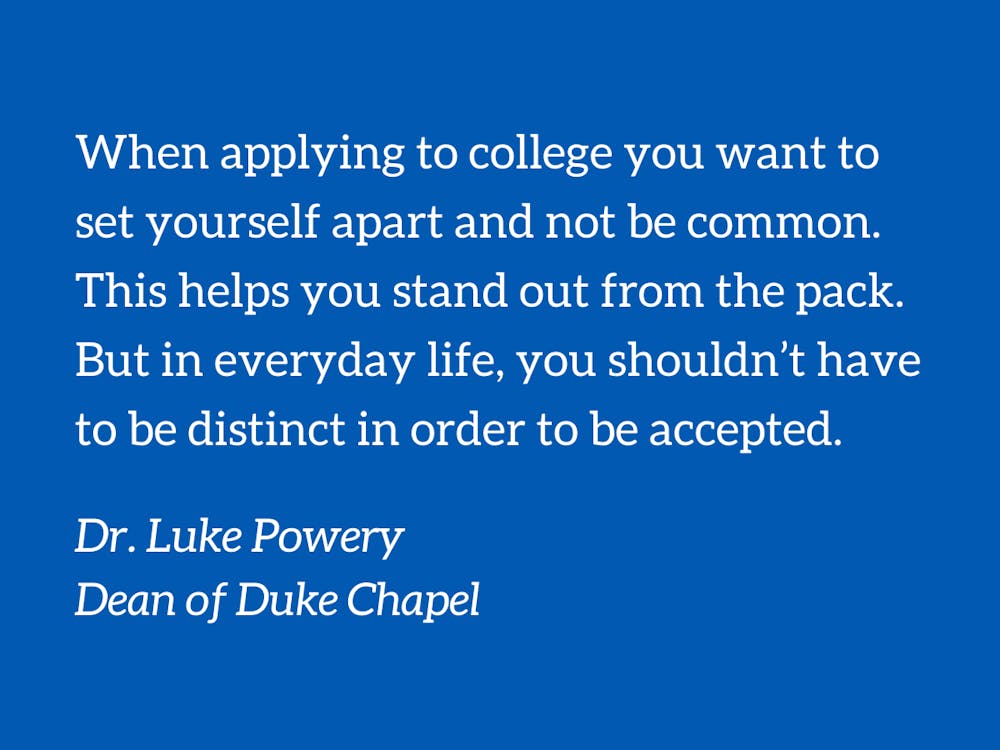When I look on Twitter (now called “X"), I see people posting critiques, distinctions, problems, gaps, chasms; they tweet about persecution, vitriol, celebrations of terminations and divisions. One doesn’t often come away from reading Twitter thinking, “Wow, that was for the common good!”
In contrast to what’s on Twitter, I think of Maya Angelou’s poem “Human Family,” which begins:
I note the obvious differences
in the human family.
Some of us are serious,
some thrive on comedy.
The variety of our skin tones
can confuse, bemuse, delight,
brown and pink and beige and purple, tan and blue and white…
But then, the poem ends with this twist:
I note the obvious differences
between each sort and type,
but we are more alike, my friends,
than we are unalike.
We are more alike, my friends,
than we are unalike.
Maya Angelou gets it right. We are diverse. No one person is the same and that’s a gift; I’ve written about this in books. We all have distinct grains in our own wood. But we also have things in common, and in these days of serious splinters and bogus binaries all across the world, I challenge us to search for what we have in common.
Looking to the Bible, I find two important phrases about this search for what we have in common: “had all things in common” (Acts 2:44) and “for the common good” (1 Corinthians 12:7). Both of these texts are in the context of experiencing the divine Spirit. That is, that somehow to experience the divine Breath leads to what is common or held in common. In the ancient faith communities reflected in these sacred texts, the people shared their lives together—and the divine creates the common. We see the aspiration of the common good rooted in the spiritual.
I experienced an example of the divine showing us what we have in common when I taught in a federal prison last Spring semester. In that class comprising inmates and Divinity School students, we saw clear distinctions between those inside the prison and those outside of it. Clothing was different. Living environments were distinct. Access to resources was not the same. Quality of food surely was different — there’s no Brodhead Center in a prison. Freedom of movement wasn’t the same. Engagement with the outside world was different. The differences were obvious.
But beyond learning the course content, seeing what was common was the calling. Those behind bars and barbed wire miss their families just like we do. Some struggle with addictions just like we do. Some are gifted artists just like some of us. Others deal with mental health issues, just like those outside of prison. If we are open to the divine Spirit, we see these common human experiences and recognize that we hold some things in common.
Get The Chronicle straight to your inbox
Sign up for our weekly newsletter. Cancel at any time.
Seeing what we had in common in that class was a blessing, but in our time, it’s as if the common is a curse to avoid rather than something to be embraced. Maybe we don’t want to be in the camp of the common folk or be considered ordinary. Think about how what is deemed common can be shunned — "that’s commonplace” or “those commoners.” The common and common folk have been ostracized historically and viewed negatively. This is why we’re always trying to transcend the common experience to be or do different and therefore supposedly better and greater and uncommon. When applying to college you want to set yourself apart and not be common. This helps you stand out from the pack. But in everyday life, you shouldn’t have to be distinct in order to be accepted.
The difference, the variation, is what’s often stressed or searched for in our time. We often focus on what divides us rather than what is common between us. In some way, this might indicate a distance from the divine. Don’t get me wrong. I affirm human diversity wholly because it’s a reflection of divine beauty, but the questions I have on my mind as we approach the Thanksgiving break are about what binds us together. So, as you take time over break to rest and renew relationships with family and friends, I invite you to consider the common aspirations we might have by pondering these questions:
What is common between us?
Where is the common ground these days?
What are you doing for the common good?
Shall we be disjointed or joined together?
The Rev. Dr. Luke A. Powery is Dean of Duke University Chapel. His column runs on alternate Mondays.

